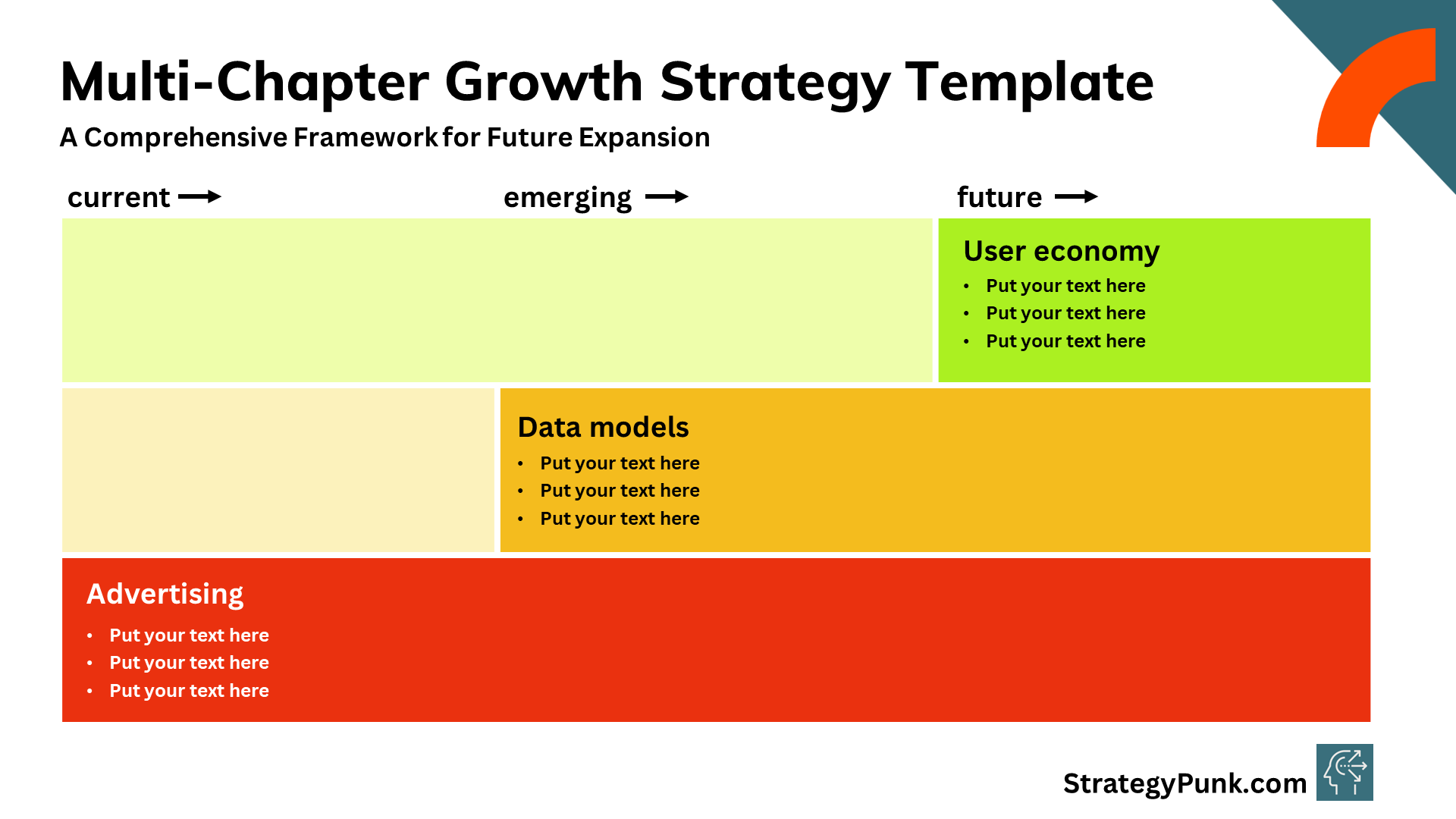How to Create a Culture of Team Adaptability and Resilience
Build an adaptable, resilient team with our research-backed strategies. Foster open communication, embrace change, and encourage continuous learning and risk-taking. Navigate change effectively, spark innovation, and strengthen your organization.

Building an adaptable and resilient team is more critical than ever in today's rapidly changing business landscape.
It's not just about having a group of talented individuals but about creating a culture that encourages growth, innovation, and the ability to bounce back from challenges.
Here are some research-backed strategies to help you foster such a culture within your team.
How to Create a Culture of Team Adaptability and Resilience
Building a team culture that is adaptable and resilient is crucial for any leader. Here's a simplified guide to help you achieve this:
- Promote Open Communication: Encourage your team to share their thoughts and ideas. This fosters a sense of belonging and helps identify potential issues early.
- Embrace Change: Change is inevitable. Instead of resisting it, teach your team to embrace it. This can be achieved by providing them with the necessary tools and training to adapt to new situations.
- Foster a Learning Environment: Continuous learning is critical to adaptability. Encourage your team to learn new skills and stay updated on industry trends.
- Encourage Risk-Taking: Allow your team to take calculated risks. This will promote innovation and help build resilience.
- Provide Support: Be there for your team during tough times. Your support can help them bounce back from failures and keep them motivated.
- Celebrate Successes: Recognize and celebrate your team's achievements. This will boost their morale and encourage them to strive for more.
Remember, creating a culture of adaptability and resilience is a continuous process. It requires patience, commitment, and consistent effort.
Five tips to help you achieve a Culture of Team Adaptability and Resilience
Creating a culture of adaptability and resilience within your team is a task that requires strategic planning and execution. Here are five research-backed tips to help you achieve this:
- Emphasize Psychological Safety: According to Google's Project Aristotle research, psychological safety is essential to successful teams. Please encourage open communication and ensure team members feel safe expressing their thoughts and ideas.
- Promote Continuous Learning: A study by the Harvard Business Review suggests that continuous learning is critical to resilience. Foster a learning environment where team members are encouraged to acquire new skills and stay updated with industry trends.
- Encourage Risk-Taking: Research shows that allowing team members to take calculated risks can promote innovation and build resilience. Could you ensure that failures are seen as learning opportunities rather than setbacks?
- Provide Emotional Support: Emotional support can help team members bounce back from failures, especially during challenging times. As a leader, it's essential to be empathetic and supportive.
- Recognize and Reward Success: Recognizing and rewarding team members for their achievements can boost morale and encourage them to strive for more. This not only promotes resilience but also fosters a culture of excellence.
In conclusion, creating a culture of adaptability and resilience is not a one-time task but a continuous process that requires strategic planning, consistent effort, and strong leadership commitment.
By implementing these strategies, you can help your team navigate change more effectively, foster innovation, and build a more vital, resilient organization.
Why Agile Organizations are the Future of Business
In the face of constant disruption and change, the ability to adapt quickly sets successful businesses apart.
This is where the concept of an Agile Organization comes into play.
The blog post on StrategyPunk, "Why Agile Organizations are the Future of Business," explores this topic in depth.
It also provides valuable insights into how agile practices, by integrating processes and culture, can support innovation and faster response times.
Intrigued? Read more here.








